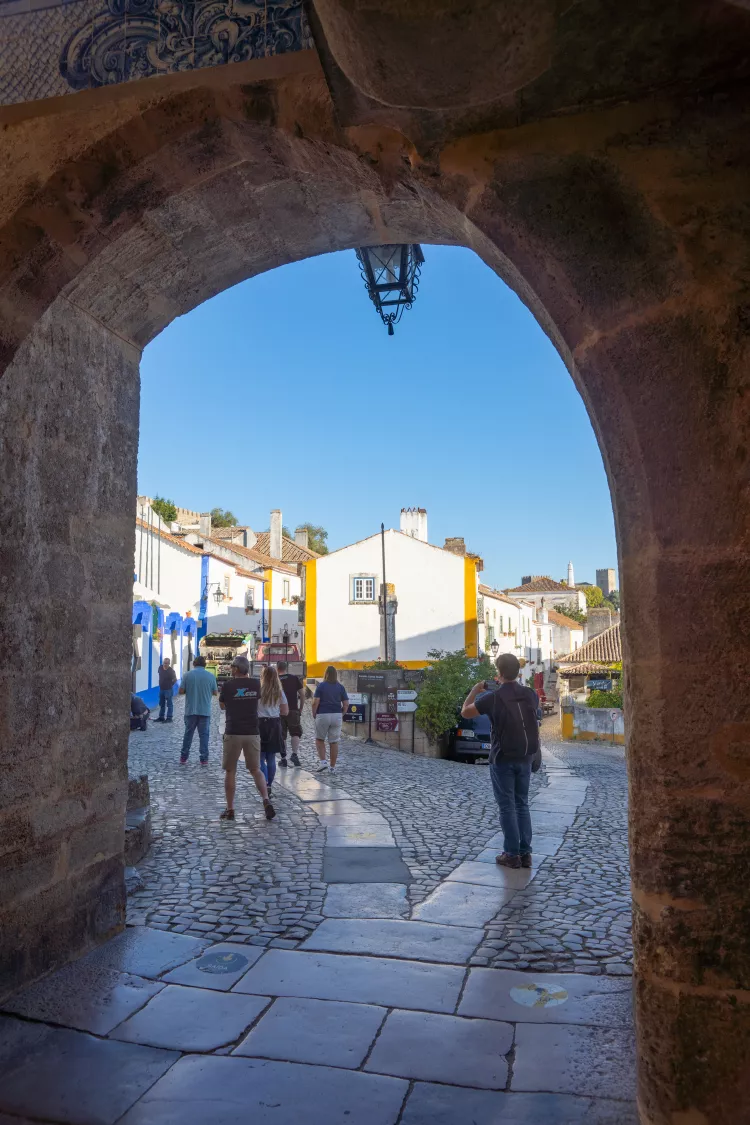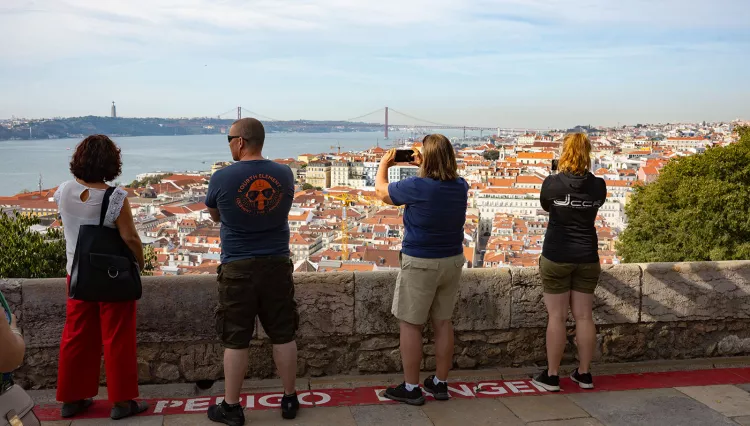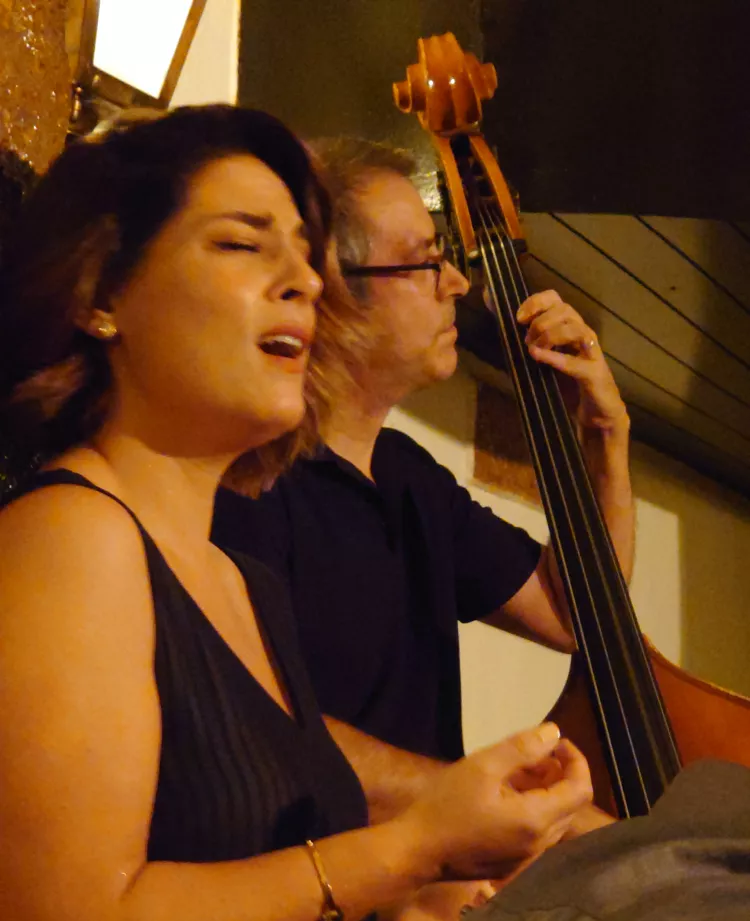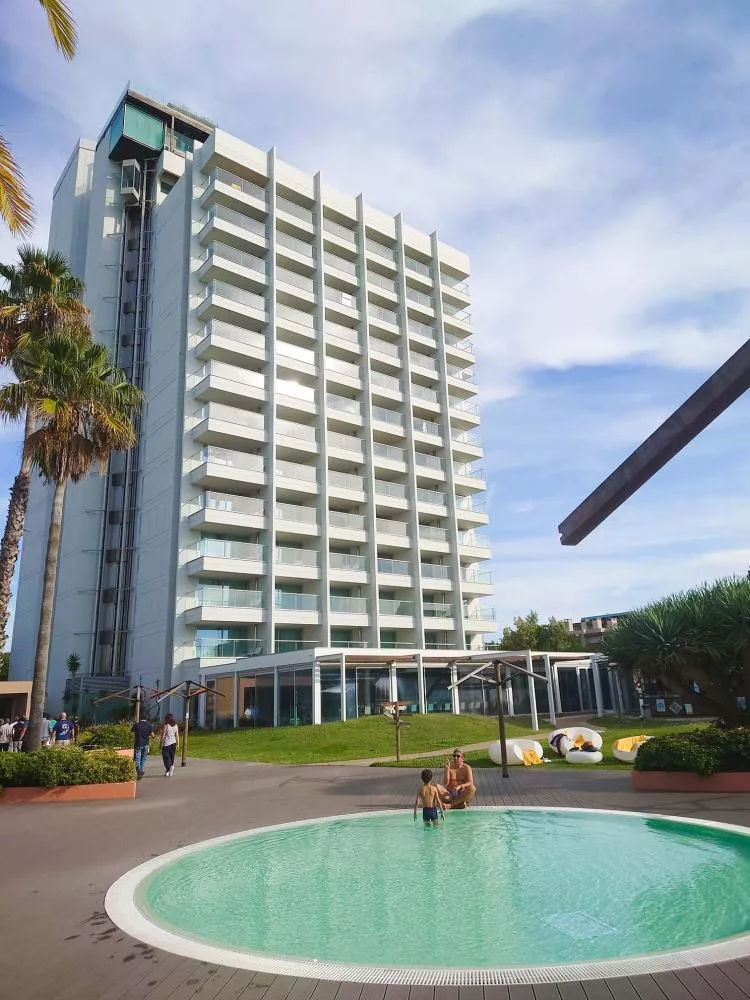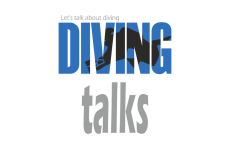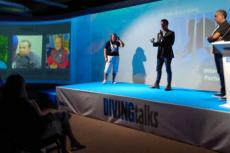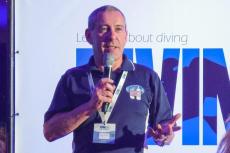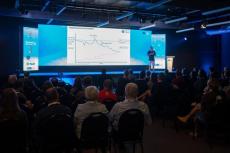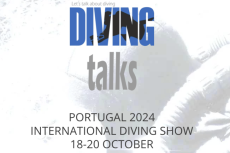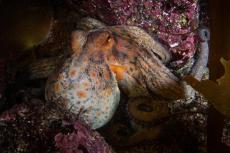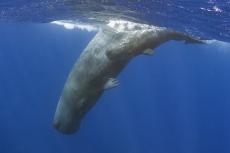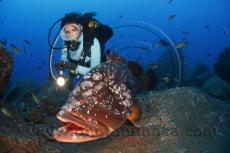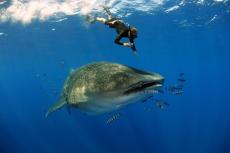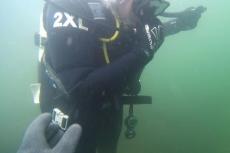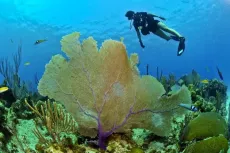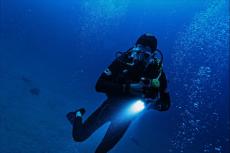Back in business
Dive shows and events are back after a long hiatus due to corona.
It felt a bit surreal heading to the airport again for the first time in almost two years. I used to frequently attend various dive shows, events and conferences and go through the airport as a matter of routine. But that was before the pandemic shut everything down some 21 months ago.
For the duration, I have felt relatively safe from Covid-19 by staying put in my office and residing in a country exercising responsible and effective handling of the pandemic, but now I was once again on my way to another country, passing through airports and about to become exposed to crowds of people from all over. Ah well, I thought, one cannot sit caged up forever.
As I was on my way to Diving Talks in Portugal and boarded my flight to Lisbon, I also felt excited about attending the first dive event since January 2020 and interacting with the dive community again. I also plainly looked forward to visiting Portugal.
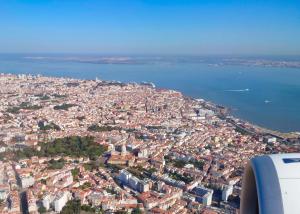
The flight from Northern Europe was straightforward and uncomplicated. It took a little over three hours, and upon arrival, I was greeted by members of the event’s organising team who transferred me, and some other attendees, to Tróia resort, which is located about an hour’s transport south of Lisbon.
This was where I was going the spend the next two days and nights.
Since I was not an exhibitor or a presenter, I had no responsibilities or tasks to perform other than to network and catch up with industry colleagues I had not seen in a long while. Thus, I could take it a bit easier this time around and mostly just observe things, which I appreciated.
The Tróia resort, with its big and spacious hotel complex, seemed quite well suited for hosting an event of this type and size. It had a conference centre in an annexe on the premise, placed on the opposite side of the spacious outside pool area. The hotel rooms were also nice and quite spacious, albeit I found mine a tad too impersonal to be cosy. On the upside, the whole resort complex is surrounded by beaches and a nature reserve, which I however did not have time to explore much this time around, aside from a short walk on the beach behind the hotel. I did, however, have a direct view of the crescent moon rising on the western horizon.
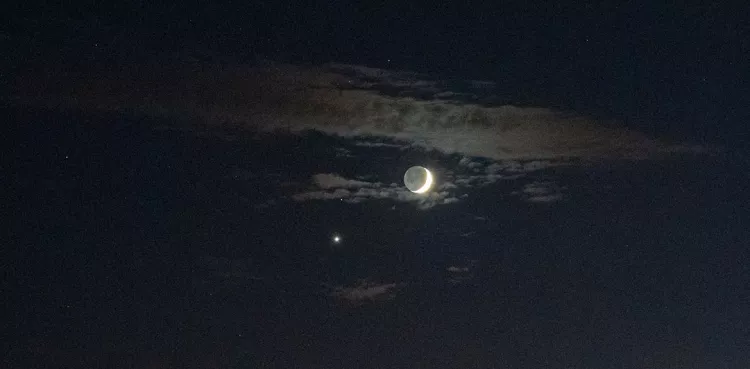
Inaugural event
As this was an inaugural event, I could not help wondering how many teething problems would appear, as putting on a conference with international attendance and a string of presenters, some of whom had to give their presentations via video-link due to the pandemic, is a complex endeavour. There was just such a myriad of potential disconnects, coordination challenges or technical hiccups that could throw a spanner in the works, but I found the event ran smoothly, at least from a casual observer’s point of view.
During post-event conversations with the organiser, Arlindo Serrao, he related to me that there were various aspects that did not quite go as planned, or that there were some parts of the even and choices made with which he was not all that pleased. While I applauded his striving for perfection and a mindset of looking into how matters could be improved. I also felt he was a tad too harsh on himself.
Again, with a complex arrangement, it is quite difficult to ensure every detail and process unfolds to perfection and to have the foresight to anticipate and pre-empt every combination of issues that may arise, and get every arrangement just right. Most often potential improvements are at best, or only, spotted in hindsight. More importantly, I do not think anyone took notice of any imperfections. The bottom line, as far as I am concerned, is that the organisers did a pretty good job, and the event unfolded as smoothly as could be reasonably expected.
Unlike several other conferences, there were not any parallel sessions but just a single string of presentations. This was a deliberate choice, Serrao explained, to not force attendees to choose.
As I understand that this single line of sessions will be a policy carrying over to the next event, which is going to be held already next year, I find there are both benefits and drawbacks to this approach. The main challenge I foresee is that a single line of sessions will require that every single presenter is both top class and the topics of their talks is of general interest. It was not quite the case this time around.
The line-up of presenters covered various topics, including technical diving, dive medicine, ecology, NGOs, destinations and some new equipment. Also, some public agencies such as the Portuguese Navy and Search & Rescue organisation gave overviews of their organisations.
As such, the event was not a tech conference such as EuroTek, DiveTekUSA or OZtek, and although the format was similar, it covered a much broader variety of topics.
While there were some stellar presenters and crowd-pleasers, such as Sylvia Earle giving a presentation via video-link, and many others were quite good too, there were also a couple of talks I found either uninteresting or just poorly performed. Presenting is a skill, and while some are natural entertainers and excellent teachers, there are others who either struggle with the format or are, dare I say, outright boring to listen to. Having said that, I would like to stress that most presentations, including those who had to be conducted via video-link because of travel restrictions, were of high quality and well worth attending the conference for.

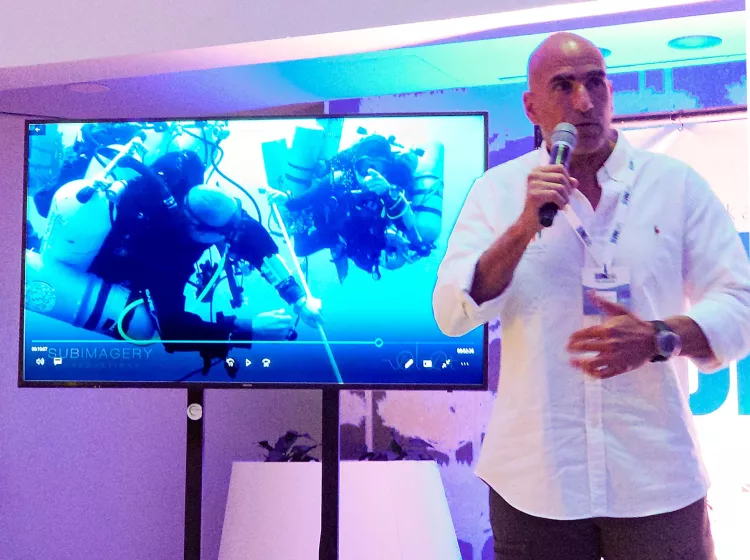
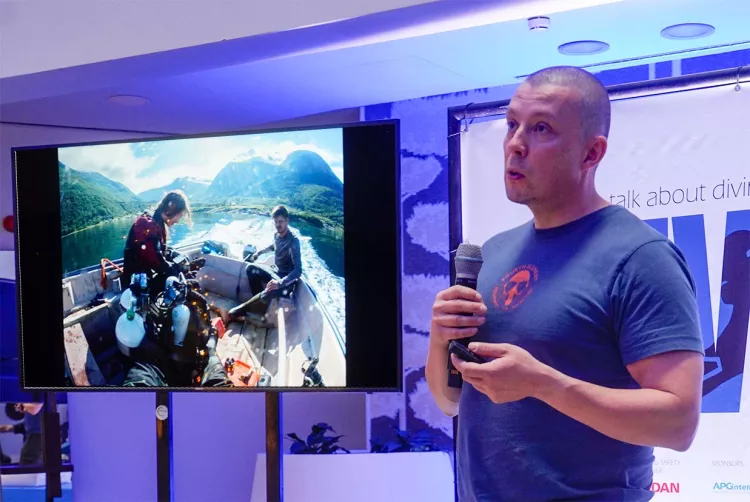
Short video sample of a presentation; Immi Wallin talks about her ongoing search for WW2 wrecks in the Gulf of Finland
Presentations aside
What also made this event extra pleasant was the great food, and that the temperature outdoors was very comfortable and balmy. When compared to so many other conferences, which are often held during late fall or winter in colder and darker regions, being able to sit outside and dine in pleasant temperatures and still be able to walk around in shorts and short sleeves was a real bonus.
After the event, we were given the opportunity to go on a tour for a couple of days to see more of the country before we returned home. This tour, guided by Serrao, took us up to the seaside municipality of Peniche, a fishing town also known for its long beaches and watersports, where we spent a couple of days. Just some 10km off the coast of the Peniche, the Berlengas Islands form a nature reserve where there is also good diving, which I hope to try some other time.
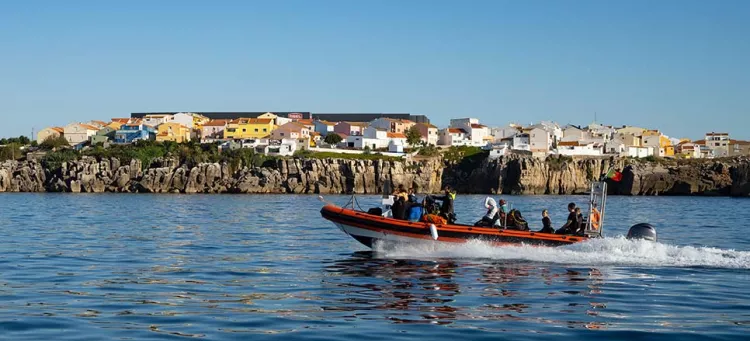
Before returning to Lisbon, where we were given a guided tour courtesy of the city's tourism authority, we stopped at the historic town of Obidos, which could trace its roots back to a Celtic settlement, and later, to an ancient Roman one.
